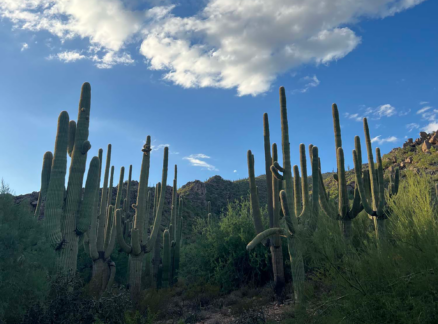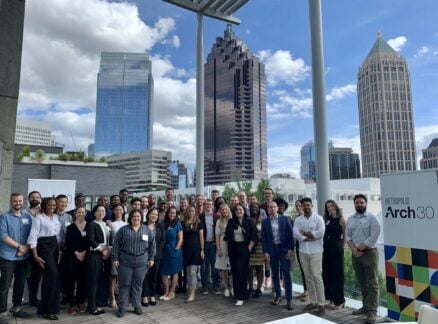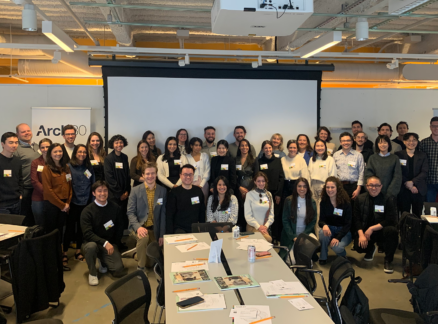October 16, 2013
Killer Herbs
Philly’s Benjamin Rush Medicinal Garden reconnects us to nature
Benjamin Rush was one crazy, 18th century, multi-tasking dude. A colonial-era physician, he was variously a professor, an abolitionist, an opponent of the death penalty, a civic leader, treasurer of the U.S. Mint, the “Father of American Psychiatry,” the father of 13 children, a friend of John Adams and Thomas Jefferson, a member of the second Continental Congress, a signer of the Declaration of Independence, and founding member of The College of Physicians in Philadelphia.
Apparently, though Rush had a certain impulsive, abrasive reputation (he was not above taking pot-shots at General George Washington that he later regretted), his energetic devotion to patriotic ideals and public service was undeniable.
Dr. Benjamin Rush (1745?-1813) had a dream to create a medicinal garden for fellows of the College of Physicians to replenish their supply of medicines. In 1937, the College's “Benjamin Rush Medicinal Plant Garden” finally blossomed around the corner from noisy Chestnut Street.
On October 19th of this year, the College of Physicians in Philadelphia/Mutter Museum will commemorate the 150th anniversary of the Civil War with “Civil War Hospital Day,” an outdoor re-enactment of a field hospital with soldiers and physicians of the day as well as war-time treatments compounded from the Garden's medicinal plant trove.

Versicolor (iris blue flag). Gerard's "General Historie of Plants", 1636
Courtesy The College of Physicians
The Garden, representative of local and East Coast medicinal plants contemporary of Dr. Rush's practice, is based on the recommendations of a professional herbalist and volumes from the historical medical library of the College. One of the most well known medicinal plants in the Garden is the foxglove plant (Digitalis purpurea) that has been used for the treatment of cardiac conditions since 1785.

Benjamin Rush Medicinal Garden. Planting plan and remedies.
Courtesy The College of Physicians
You might be inclined to think of the Garden as a quaint curiosity. Yet Evi Numen, exhibitions manager at the College, says that medicinal plants are “actually becoming more relevant…bio-molecular science is used to extract elements…nano particles.”
Unfortunately, countless opportunities for medical discovery have already been lost forever as plant biodiversity diminishes globally, crushed by environmental degradation and industrial forces. Extraordinary preservation capacity (4.5 million different seed samples) built into the Global Seed Vault attempts to counter these threats to biodiversity by storing duplicate seeds from over one hundred countries on a frozen island in Norwegian territory.

Courtesy Mari Tefre/Svalbard Globale Seed Vault

Marigold medicine
Courtesy Joseph G. Brin © 2013
Our common ignorance of the natural origin of all manner of things is a dubious hallmark of modern civilization. Therefore the Benjamin Rush Medicinal Garden's bounty of near sixty plants, used to legitimately treat a host of ailments, is eye opening. A visit here inspires a more intelligent and intimate connection to the natural world.

Benjamin Rush Medicinal Plant Garden, outpost of medicinal plant biodiversity
Courtesy The College of Physicians
Joseph G. Brin is an architect, fine artist and writer based in Philadelphia, PA.
Answer to Jack O' Lantern mystery: Inflated decoration in lobby of The College of Physicians reflected in glass-framed Rush portrait.





